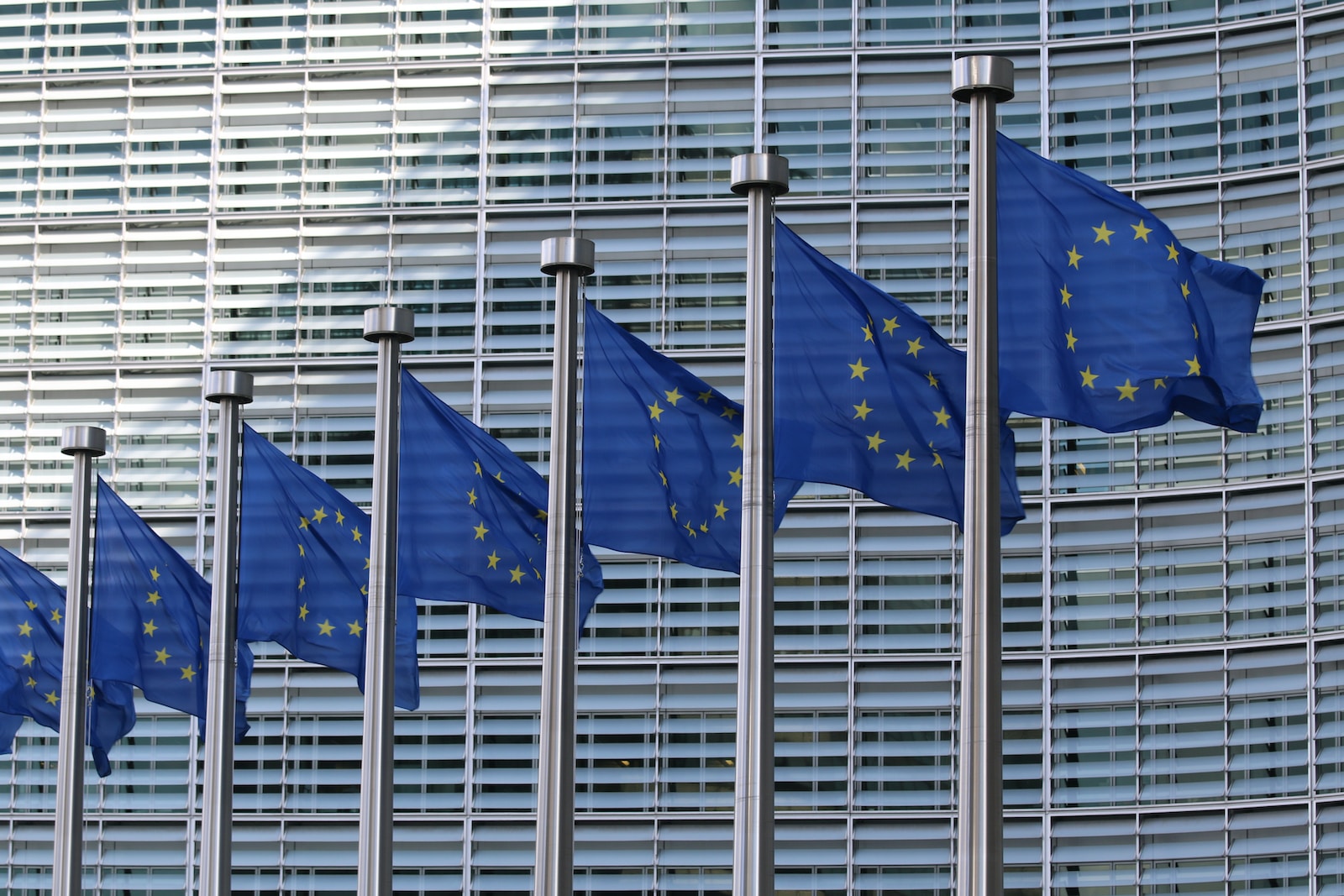After various delays, on 19 February 2024 the EU Commission issued its FAQ guidance on Article 3q of Council Regulation (EU) No. 833/2014 (as amended). The FAQ document provides some key clarifications sought by the market. However, some uncertainties remain
Continue Reading EU Clarifies Article 3q for Tanker S&P Market

Yves Melin

The EU is ready to introduce mandatory supply chain due diligence obligations under CS3D
On 14 December 2023, the two EU co-legislators, the Council of the EU and the European Parliament, provisionally reached an agreement on the Corporate Sustainability Due Diligence Directive (CS3D). In essence, the Directive sets out an obligation for companies to comply with human rights and environmental due diligence and provides for an enforcement mechanism with…
Christmas comes early for G7 operators – EU adopts 12th package of sanctions against Russia, changes to the Price Cap Model
On 18 December, the EU announced their 12th round of sanctions targeting Russia. This comes against the backdrop of a flurry of Russia sanctions related activity and a number of designations of third country actors believed to be engaged in price-cap circumvention.
Continue Reading Christmas comes early for G7 operators – EU adopts 12th package of sanctions against Russia, changes to the Price Cap Model

Decarbonizing across borders: Navigating CCUS in the U.S. and the EU’s CBAM
At the forefront of addressing the global challenge of climate change is the effort to reduce carbon.
In their latest podcast, Pittsburgh’s energy transactional partner, Ryan Haddad and Brussels’ international trade and customs partner, Yves Melin explore how Carbon capture, utilization, and sequestration (CCUS) and the Carbon Border Adjustment Mechanism (CBAM) could interact in the…

EU CBAM Implementing Regulation on the reporting obligations has been officially published
With less than two weeks until the start of the Carbon Border Adjustment Mechanism (CBAM) transitional period (1 October 2023 – 31 December 2025), the European Commission published the CBAM Implementing Regulation on the reporting obligations in the Official Journal of the European Union on 15 September 2023. During the transitional period, declarants are required…

All eyes on the EU’s anti-subsidy investigation on Chinese electric vehicles: Candidate for first parallel market investigation under the EU’s FSR?
On 13 September 2023, European Commission President Ursula von der Leyen announced in her annual State of the Union Address that the European Commission (Commission) will launch an anti-subsidy investigation into Chinese subsidies to electric vehicle (EV) makers in China under EU trade rules. The Commission’s concern is that “global markets are now flooded with…

The President of the European Commission announces an anti-subsidy investigation on Chinese electric vehicles
During her annual State of the European Union speech on 13 September 2023, the President of the European Commission, Ursula von der Leyen, announced that “the Commission is launching an anti-subsidy investigation into electric vehicles coming from China.” An anti-subsidy measure (i.e., countervailing duties) is one of the trade defence instruments that a World Trade…

The rules of origin under the EU-UK Trade and Cooperation Agreement: consequences for trade of hybrid, plug-in hybrid and electric vehicles between the EU and the UK
Following the United Kingdom’s withdrawal from the European Union, a Trade and Cooperation Agreement between the EU and the UK1 has been concluded, providing for duty-free trade of goods originating in the EU or in the UK.2 The TCA foresees a specific set of rules of origin (ROO) for hybrid,3plug-in hybrid…

Navigating the EU’s new mandatory supply chain due diligence rules
The text of the new European Battery Regulation (referred to as the Regulation) has now received formal approval from both the European Parliament (14 June) and the Council of the EU (10 July). Aiming to ensure the safety, sustainability, and competitiveness of batteries, the Regulation will target the entire life cycle of batteries, from their…

EU introduces new anti-circumvention tool in latest sanctions package
Since February 2022, following the outbreak of the war against Ukraine, the EU adopted its 11th round of sanctions against Russia on 23 June 2023.
The latest sanctions package centres around a newly introduced anti-circumvention tool, described by the European Commission as a measure of last resort that “will allow the EU to restrict…